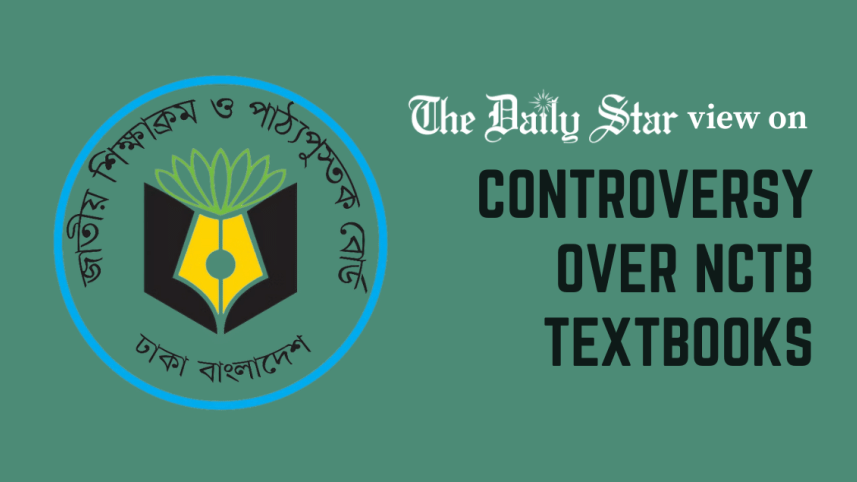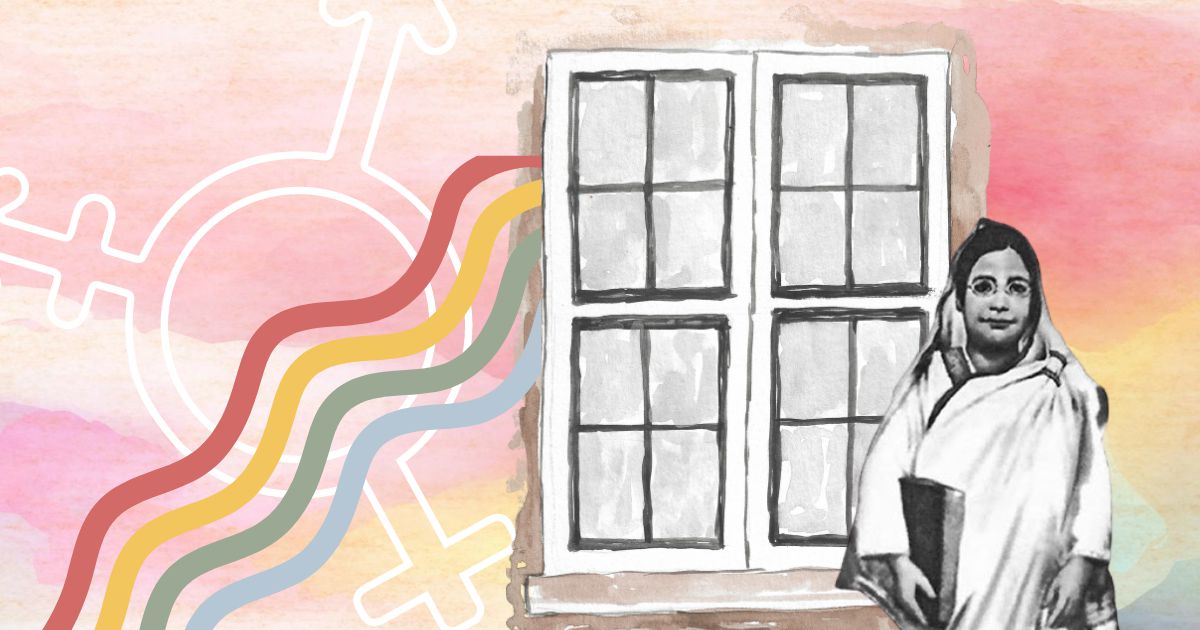Textbook errors belie bigger concerns

The National Curriculum and Textbook Board (NCTB) is no stranger to controversy. Year after year, it has allowed mistakes and compromises in the textbooks that it printed. The problem seems to extend beyond the structural to the ideological. As a government body, it is vulnerable to the same structural issues – inefficiency, mismanagement and irregularities – that other government bodies are, frequently resulting in error-laden books. But often it has also been a pawn in a bigger game where political biases or demands from communal groups led to undue additions or omissions. And the fact that there is no real accountability for any mistake or compromise makes this a self-repeating cycle.
Against this backdrop, the recent controversy over NCTB textbooks comes as no surprise. The NCTB has introduced new textbooks under the new curriculum for classes I, VI and VII this year, with the aim to prepare students for the contemporary world. But far from being a joyous occasion, it has turned into a sombre one with errors of all kinds, poor translation, and even plagiarism detected in the books. As an analysis by this newspaper shows, there are many mistakes in the English book for class VI. Similarly, plagiarism was detected in the science textbook for class VII. As an analysis by another daily shows, contents from the website of the National Geographic were translated verbatim, using Google Translate, and without citing the source. Mistakes were also found in three textbooks for the ninth and tenth grades. For example, in lessons on history, well-known facts related to the formative days of Bangladesh were incorrectly presented.
Although the NCTB has issued some corrections in three of the books – and two editorial board members responsible for the 7th-grade science book have acknowledged the occurrence of plagiarism – it was only after those were pointed out by the media, and not as a result of any institutional review process, as it should have been. One wonders how many more blunders lie hidden in the textbooks, undetected. The air of inevitability around such blunders occurring, or repeating, is impossible to ignore.
Are authentic, error-free textbooks too much to expect? More importantly, why is the NCTB so slow or reluctant to address concerns over the quality and authenticity of textbooks? One may recall that, in 2017, writings of famous authors were excluded because they were either non-Muslim or their contents were disapproved by Islamist forces, allegedly upon instructions from the political authorities. The NCTB is yet to rectify this situation, despite widespread criticism of its decision. It seems totally unwilling or unable to address the grave moral and material consequences of such omissions, mistakes and compromises, which should worry us all.
The importance of textbooks at the early stage of the school system cannot be stressed enough. The kind of blunders we have witnessed can confuse and even misguide students, and create a crisis of trust in them in the future. We urge the authorities to urgently launch an institutional review of all new and old textbooks to identify errors and cases of quality/ideological compromises. Also, given how NCTB has been operating, it is time for a systemic overhaul of this vital institution.
 For all latest news, follow The Daily Star's Google News channel.
For all latest news, follow The Daily Star's Google News channel. 



Comments